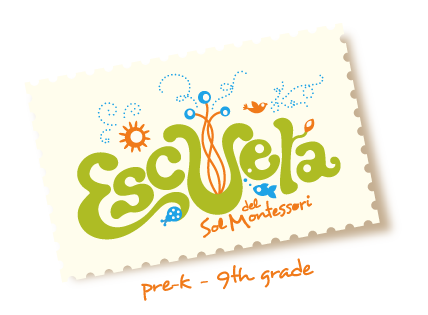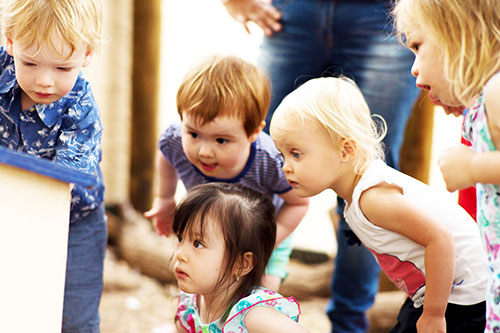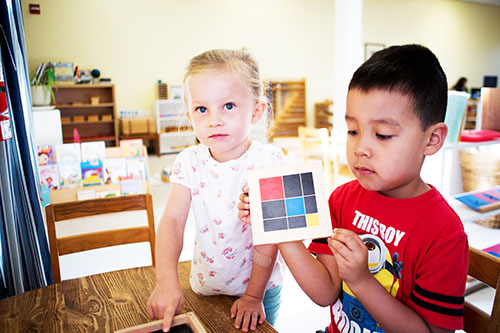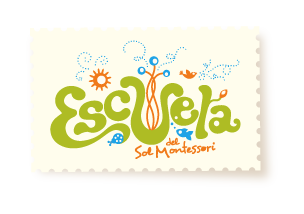Spoken Language
Linking real-life experiences to vocabulary is a key part of language development in Early Childhood.“Once the child can speak, he can express himself and no longer depends on others to guess his needs. He finds himself in touch with human society, for people can only communicate by means of language.”
– Maria Montessori, The Absorbent Mind, p.78
Not only does spoken language allow us to connect and communicate our needs, but it also prepares us for the later academic work of reading and writing. Developing vocabulary and language fluency are key foundational skills for later academics. The vocabulary of spoken words that children develop in their early years is crucial when they are learning to read.At Escuela, this journey begins in Early Childhood. Toddler Guides label the children’s experiences with precise, specific words, offering them like gifts. Vocabulary acquisition is linked to concrete, sensory experiences in the environment. Children may work with collections of language objects or classified vocabulary cards to further these skills. Singing songs, reciting rhymes, and reading books further support this development. These activities form a daily learning component in the Toddler and Primary classrooms.

Ms. Emily, Escuela’s Studio Guide for Spanish, brought “Little Monster, What Pan Dulce Do You Want?” to the Toddler community for read aloud. The next day, the Toddler Guides brought in pan dulce (Mexican sweet bread) for the kids to share. Linking a story to an experience is one way Toddler Guides help young children build language.






